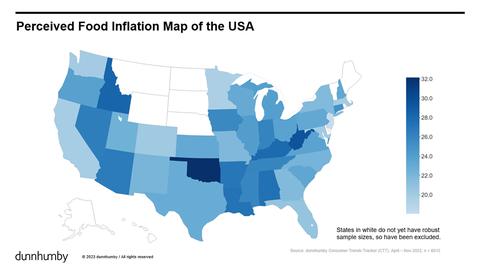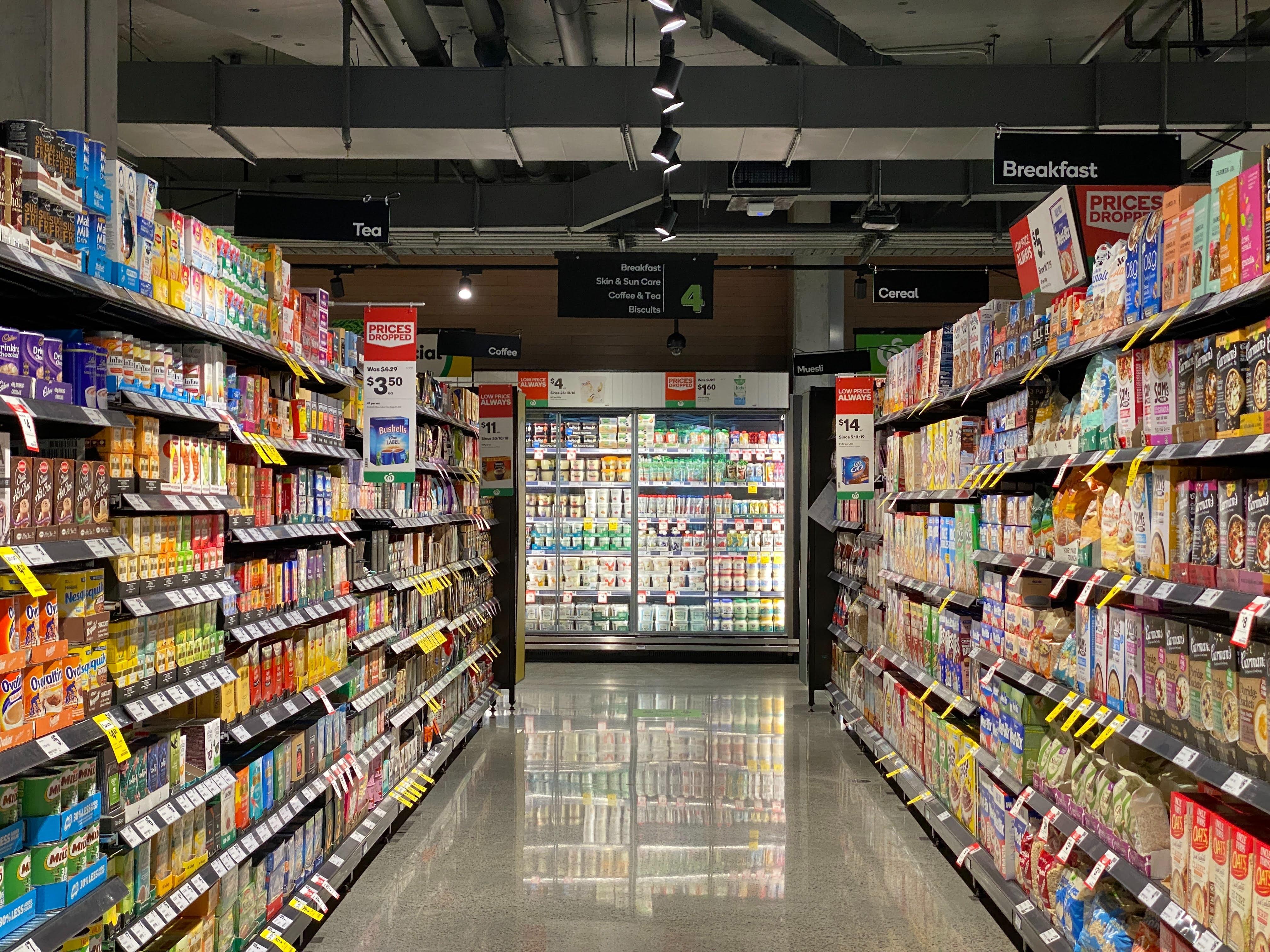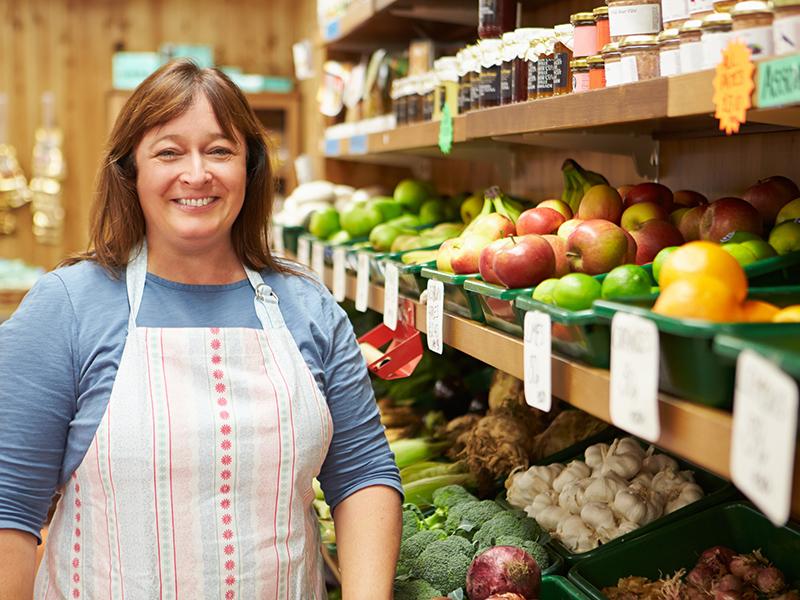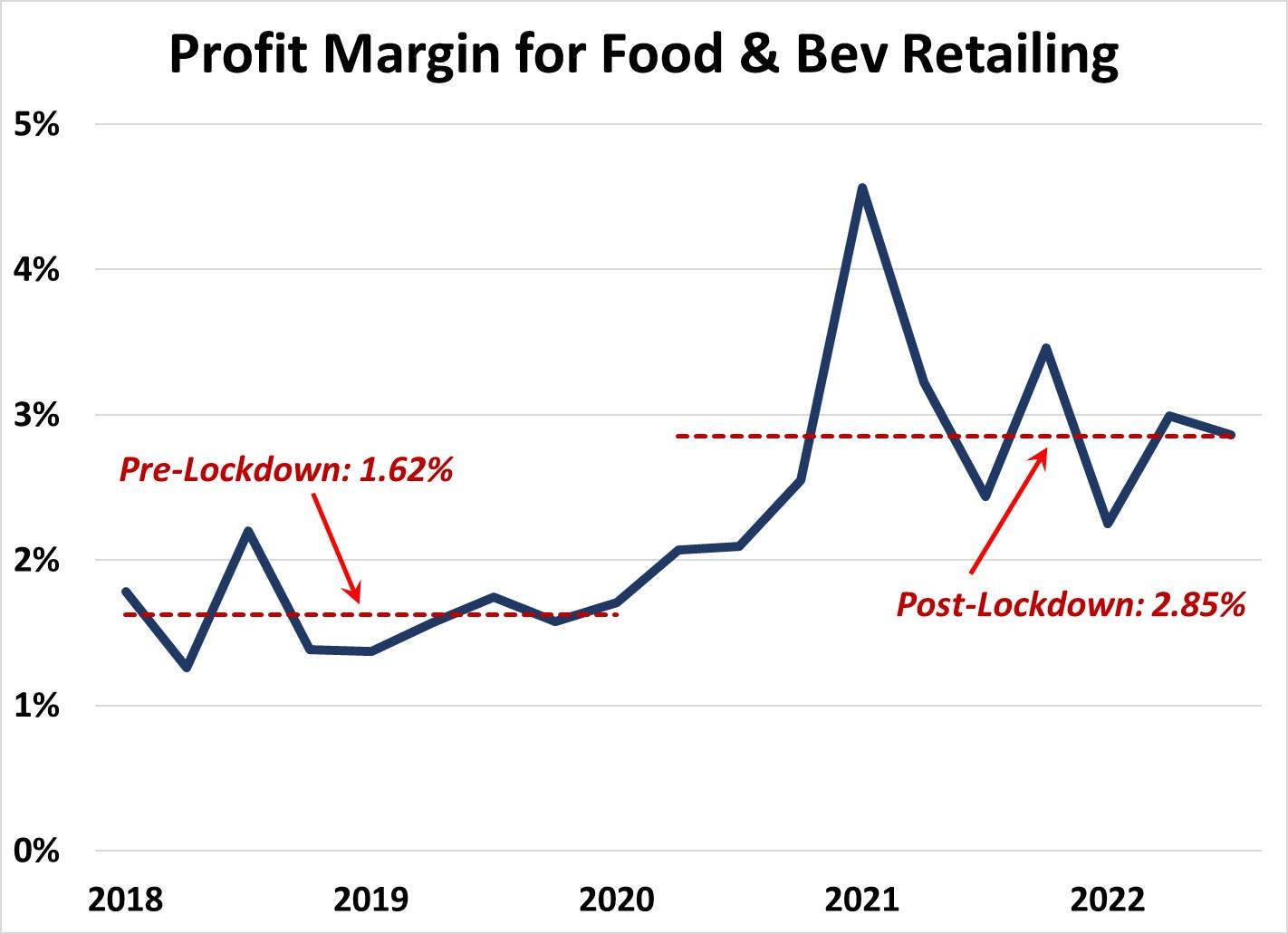Have you ever strolled through the aisles of your local grocery store, casually tossing items into your cart, and wondered if those vast, bustling markets are really raking in the dough? Or maybe you’ve seen your favorite grocery guru on YouTube break down the secrets behind food pricing and felt a twinge of curiosity about the financials behind those everyday essentials. Well, you’re not alone! Grocery stores are a more intricate business than you might think, and diving into their profitability reveals an engaging tapestry of economics, competition, and consumer behavior. Buckle up as we explore the fascinating world of grocery store finances through the lens of popular YouTube insights. Who knows? The next time you pick up a bunch of bananas, you might just gain a new appreciation for the intricate dance of demand and supply that brought them to your cart!
Exploring the Bottom Line: Understanding Grocery Store Profitability

When you stroll down the aisles of your local grocery store, you might not think much about the numbers behind the scenes. But here’s the scoop: grocery stores walk a tightrope between revenue and costs. Gross profit margins can vary significantly, hovering between 1% to 3% for many supermarkets. It might sound like pocket change, but here’s the twist—volume makes all the difference! By selling a wide variety of products, these stores aim to sell in bulk, compensating for those slim margins. Think of it like a high-stakes dance; the more you sell, the better your rhythm, despite the risks.
Now, what about those hidden costs? There’s more to the grocery game than just price tags. Operating expenses like rent, utilities, and staff wages can chip away at profits. Here’s a little breakdown:
| Expense Type | Percentage of Revenue |
|---|---|
| Rent | 10-15% |
| Utilities | 5-7% |
| Staff Wages | 15-20% |
| Inventory Costs | 60-70% |
As you can see, when you add up all those expenses and compare them with revenues, it’s clear that profitability is a complex puzzle. It’s not just about selling groceries; it’s about managing expenses strategically to turn a profit. So, the next time you’re grabbing your staple snacks, remember: behind every box of cereal is a delicate balancing act between costs, pricing, and profits!
Behind the Scenes: Key Drivers of Revenue in Grocery Businesses

The grocery business isn’t just about stocking shelves and ringing up shoppers; there’s a fascinating world of strategy driving those revenue numbers. One of the biggest key drivers is product placement. Ever noticed how essentials like milk are way back at the store? This clever little trick works like magic, luring customers deep into the aisles where they might pick up extra goodies along the way. It’s like baiting a hook; the more they explore, the more likely they are to snag items that weren’t even on their shopping list. Add in promotions and discounts, and you’ve got a recipe for increased sales. Flashy sales signs and discounts can create a sense of urgency, making customers feel they’d miss out on a savvy deal if they don’t act quickly. Who doesn’t love a good bargain, right?
But wait, there’s more! Another crucial player in the revenue game is customer experience. From checkout efficiency to the cleanliness of the aisles, everything counts. A seamless shopping experience encourages customer loyalty, and as we all know, loyal shoppers are the lifeblood of any grocery store. Additionally, embrace the digital shift—the rise of online grocery shopping has changed the game. Stores that invest in user-friendly apps or websites often see a significant uptick in sales as they cater to a growing demographic that values convenience. Ultimately, these behind-the-scenes strategies and tactics weave together to create a tapestry of success in the grocery landscape. When shoppers feel valued and satisfied, they keep coming back for more—a win-win!
YouTube Insights: Real Stories and Strategies from Grocery Store Owners

Walking through the aisles of your local grocery store, it often seems like a treasure trove, brimming with fresh produce, organic snacks, and the latest food trends. But behind those bright signs and friendly staff lies a complex world of decision-making, strategy, and financial analytics. Many store owners have turned to YouTube to share their journeys, revealing insights that can make or break a business. For instance, one grocer candidly shared how customer engagement shaped his store’s identity. By utilizing social media and local influencers, he transformed ordinary promotional events into buzzworthy happenings that drew in crowds.
Another heartwarming tale comes from a family-owned store that struggled initially to cultivate a loyal customer base. They discovered that community involvement was the key. From hosting food drives to sponsoring local sports teams, another grocer found that giving back not only fostered goodwill but also boosted sales. To illustrate their point, many shared before-and-after stories on YouTube, showcasing impressive growth in foot traffic. Here’s a quick look at some strategies discussed:
| Strategy | Impact |
|---|---|
| Community Events | Increased local loyalty |
| Social Media Promotions | Higher engagement and sales |
| Product Sampling | Boosted in-store purchases |
Navigating the Future: Smart Tips for Boosting Grocery Store Profits

One of the smartest moves a grocery store can make is enhancing the shopping experience. Think about it—how many times have you walked into a store and felt overwhelmed by disorganized aisles or messy displays? Creating an inviting atmosphere can significantly impact customer satisfaction and, in turn, profits. Here are a few simple tips that can help:
- Engaging Store Layout: Arrange your aisles in a way that promotes flow and easy navigation.
- In-Store Events: Host tastings, cooking demonstrations, or community events to draw in traffic.
- Seasonal Promotions: Keep things fresh with seasonal displays and rotating promotions to attract repeat customers.
Of course, embracing technology can also pave the path to increased earnings. Picture this: customers walking through aisles while scanning items with their phones and ordering online seamlessly. With an intuitive app, shoppers can create grocery lists, find items in stores, and even choose delivery or pickup options without breaking a sweat. Check out these tech-savvy strategies:
- Mobile Apps: Develop an app that offers online ordering, loyalty rewards, and engaging content like recipes or meal prep tips.
- Inventory Management Tools: Use software that keeps track of your stock accurately to avoid over-ordering and reduce waste.
- Data Analytics: Leverage customer data to personalize promotions and optimize product offerings based on shopping habits.
Concluding Remarks
As we wrap up our deep dive into the world of grocery stores and their profitability through the lens of YouTube insights, let’s take a moment to reflect on how this information shapes our everyday shopping experiences. Who knew that those aisles stocked with an abundance of cereal boxes and fresh produce held so many secrets behind the scenes?
Whether you’re a budgeting whiz or someone who just enjoys perusing the snack aisle, understanding the mechanics of grocery store profitability adds a whole new layer to your shopping trips. Next time you’re picking up that carton of ice cream or a bunch of bananas, take a second to appreciate the intricate dance between supply chains and consumer demand happening right before your eyes.
So, what do you think? Has this peek behind the curtain changed the way you see your local grocery store? Are you more curious about how these businesses operate? If nothing else, you’ll never look at your favorite snack quite the same way again! Thanks for joining this exploration, and don’t forget to share your thoughts or insights in the comments. Happy shopping, and may your carts always be full of the good stuff! 🍌🛒✨
